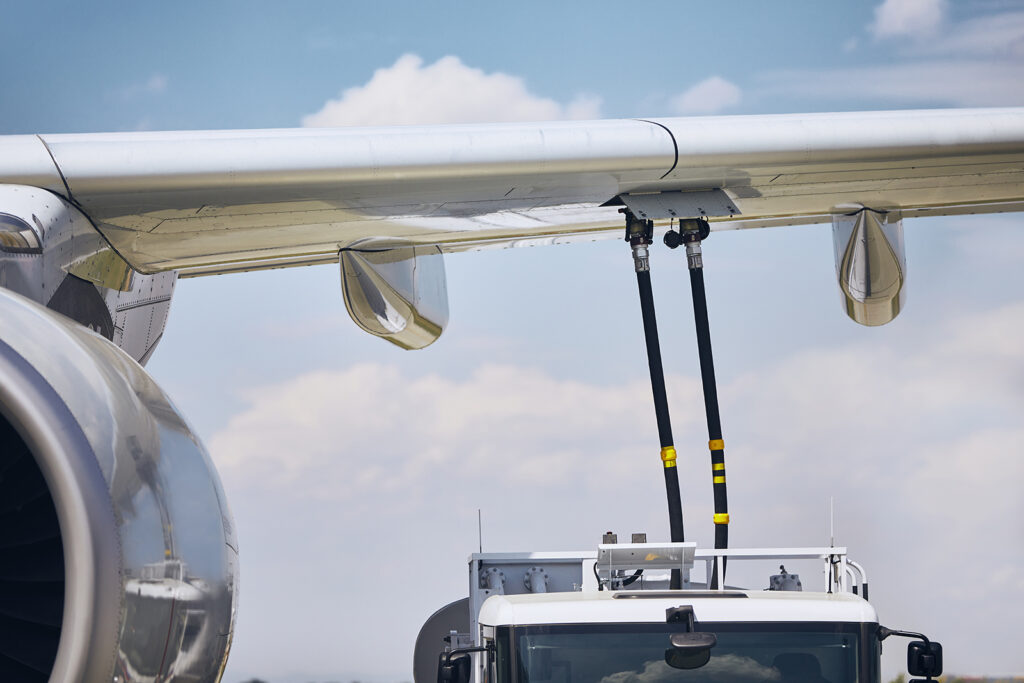In a major step towards environmental sustainability, Nigeria has led to promote financing for sustainable aviation fuel (SAF) production across the region, in conjunction with the International Civil Aviation Organization (ICAO) Long-Term Ambition Goal (LTAG) to achieve net-zero carbon emissions by 2050.
The Nigerian government held a high-level regional workshop in Lagos State from 5th to 9th May 2025. It is organized by the Nigerian Civil Aviation Authority (NCAA) and is working in partnership with the Climate Change Secretariat (NCCCS) and the European Union Aviation Safety Agency (EASA) of the European Union Aviation Safety Agency (EASA) to challenge financial opportunities and sales facilities.
The workshop brought together stakeholders from 14 African countries, along with SAF project developers and international financial institutions. Coordinated by Mrs. Yinka Iriobe of the NCAA Air Transport Regulation Authority, the event focused on withdrawal strategies, the bankability of the project, and the mechanisms of sustainable funding.

An important milestone in the workshop was the official inauguration of six Technical Working Groups (TWG) by Director of NCAA Director Chris Najomo. These groups oversee the development of Nigeria's SAF in key areas, including policy and regulation, raw materials and production, funds and investment, technology and innovation, environmental and social impacts, infrastructure and logistics.
The final two days of the event were dedicated to Nigeria's domestic SAF roadmap, where participants were engaged in robust discussions on funding, capacity building and access to aviation's sustainable energy sources.
This workshop formed part of the ACT-SAF African India Project (Part II), designed to provide support, training and capacity building for SAF development. Presentations from developers and investors highlighted the need for a robust risk mitigation framework and multi-stakeholder collaboration to support viable SAF production in Africa.
Participants looked into SAF direct supply chains, financing tools, and top financial practices, while mapping key stakeholders and identifying existing financial instruments that could support the SAF value chain.
Presenting the keynote speech on behalf of Captain Barista Bukolateriba, Regional Manager of the NCAA's Lagos office, highlighted the importance of financial access for the SAF project and its important role in mitigating the environmental footprint of the aviation sector.
The Nigeria-led initiative demonstrates a clear commitment to green aviation and regional cooperation, positioning the country at the forefront of Africa's transition to cleaner, more sustainable air travel.


